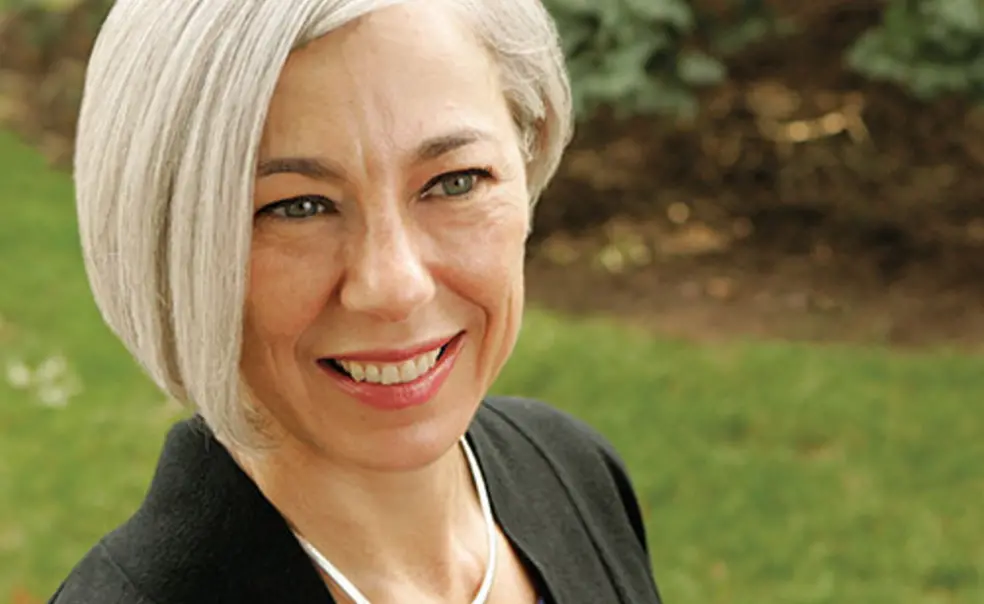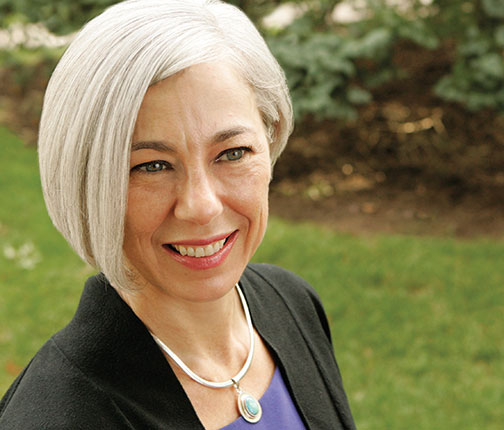Struggling in STEM When she arrived at Princeton, Mary Fernandez *96 was one of a handful of female and minority computer-science graduate students, and was struggling to adapt to her new environment. Women, underrepresented minorities, and first-generation college students are less likely to pursue degrees in STEM fields (science, technology, engineering, and math) than other groups. And when they do, she says, they often have a harder time completing their degrees because of academic unpreparedness, self-doubt, financial concerns, and lack of support. When she was a student, Fernandez was paired with a mentor — Brian Kernighan *69, today a Princeton professor — through a fellowship with her future employer, AT&T Labs. That experience was “so powerful” that she became a mentor when MentorNet, a not-for-profit online portal that matches STEM students with professionals, was founded in 1997. Sixteen years and 18 mentorships later, Fernandez took over as CEO.
Résumé: CEO of MentorNet. Former computer scientist at AT&T Labs. Ph.D. in computer science.
The benefits of mentoring MentorNet targets women, minorities, and first-generation college students, aiming to help them earn STEM degrees, but starting this fall, the program was open to any STEM student with a valid .edu email address. Mentors offer advice on issues ranging from goal-setting to course selection to interviewing for internships.
Business sense In addition to promoting diversity, MentorNet hopes to address the heightened demand for STEM talent across industries. Since its inception, the program has matched mentors with about 32,000 students, more than 92 percent of whom have graduated with a STEM degree. Fernandez’s goal is to make 40,000 matches a year with the help of a partnership with LinkedIn: “When a student arrives at the door freshman year, interested in pursuing a STEM degree, they should come out four years later with that degree.”













No responses yet